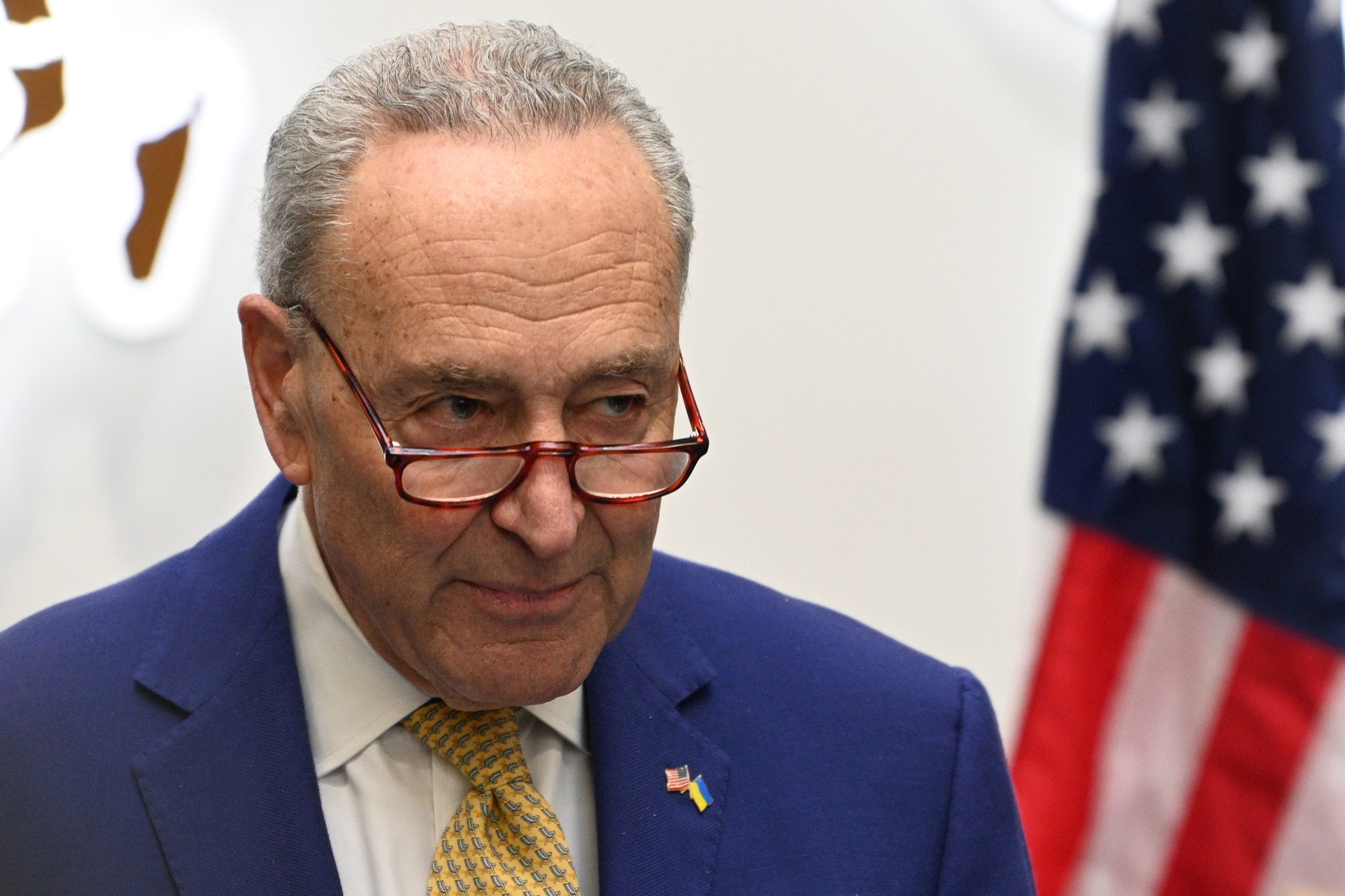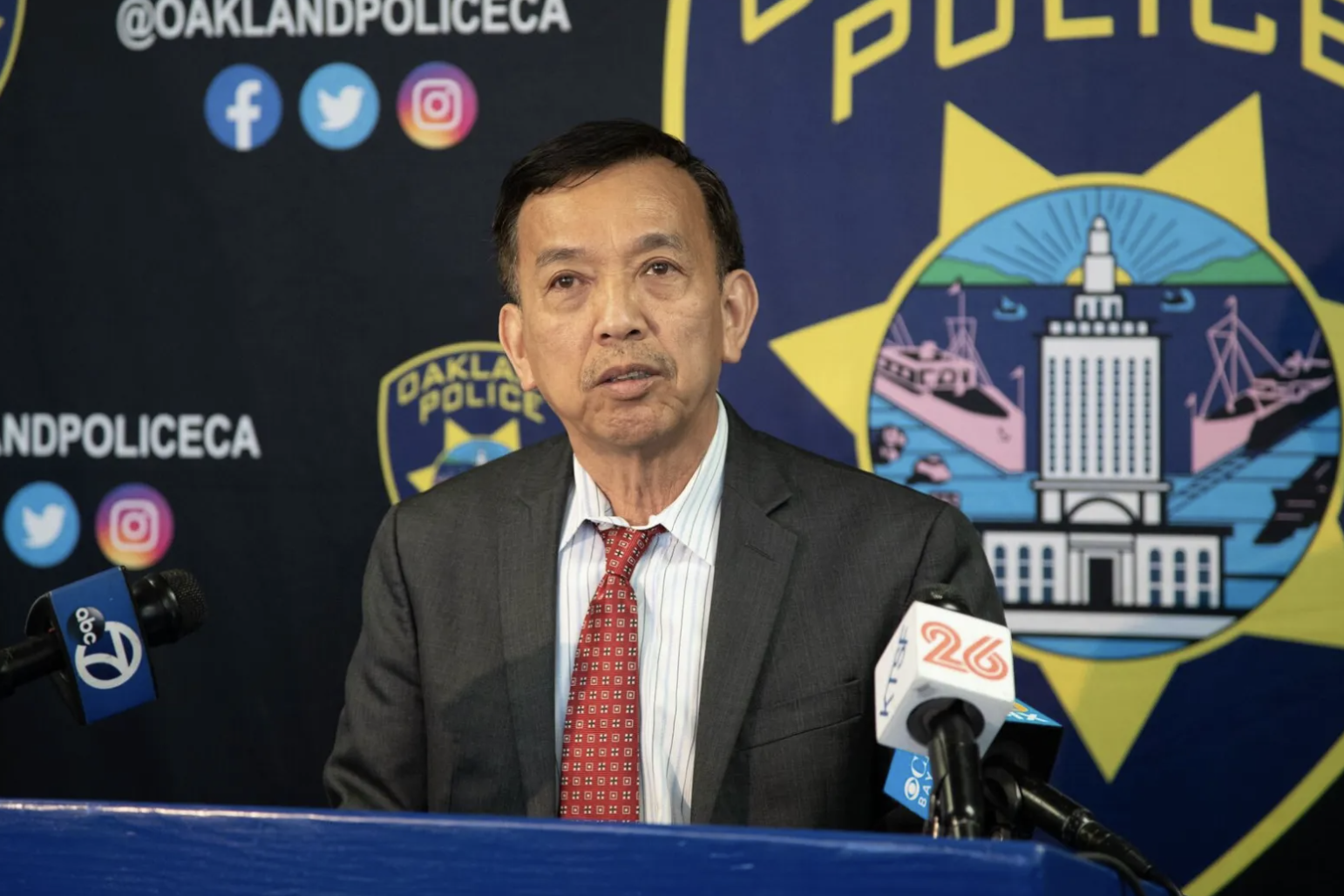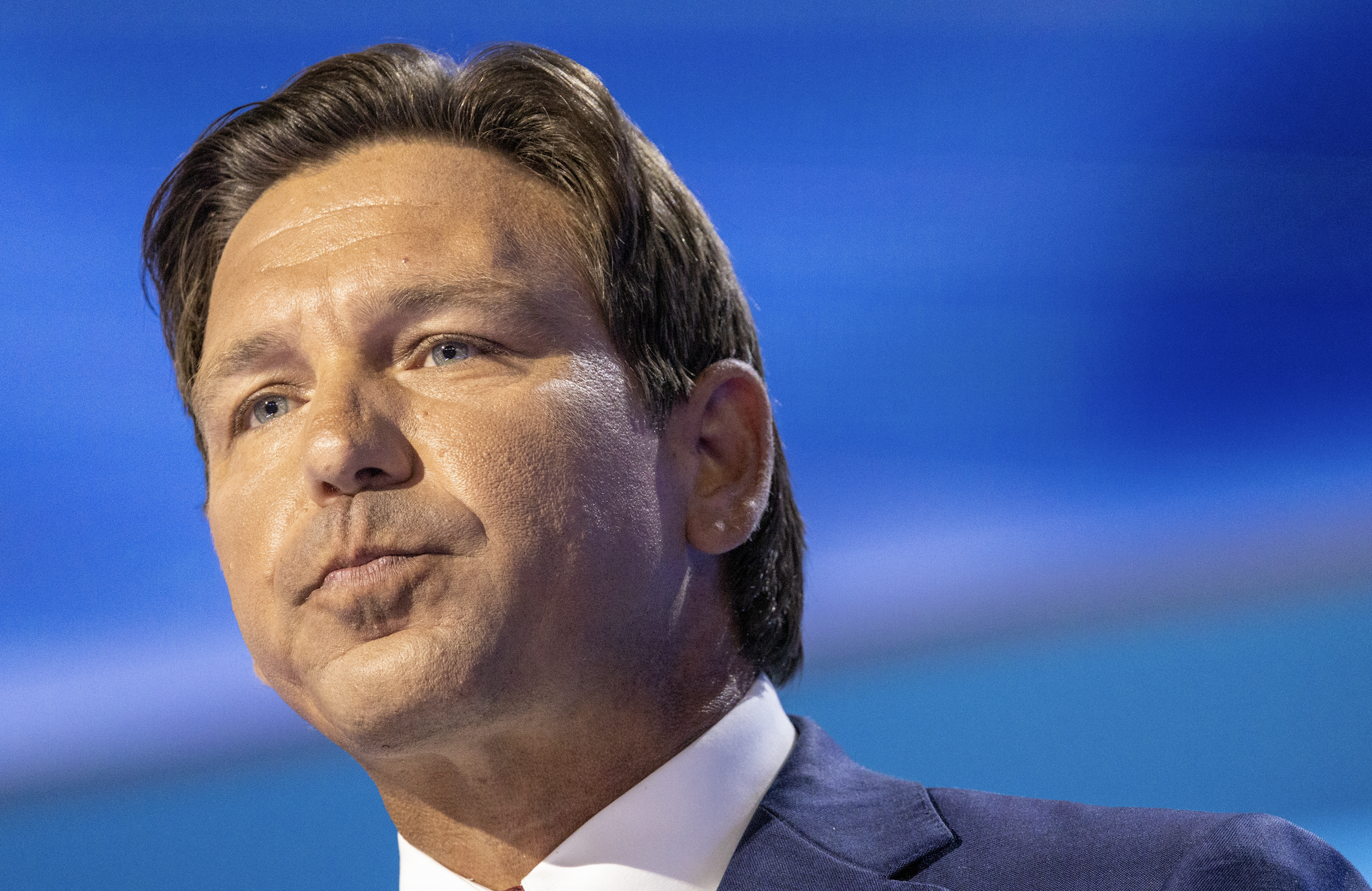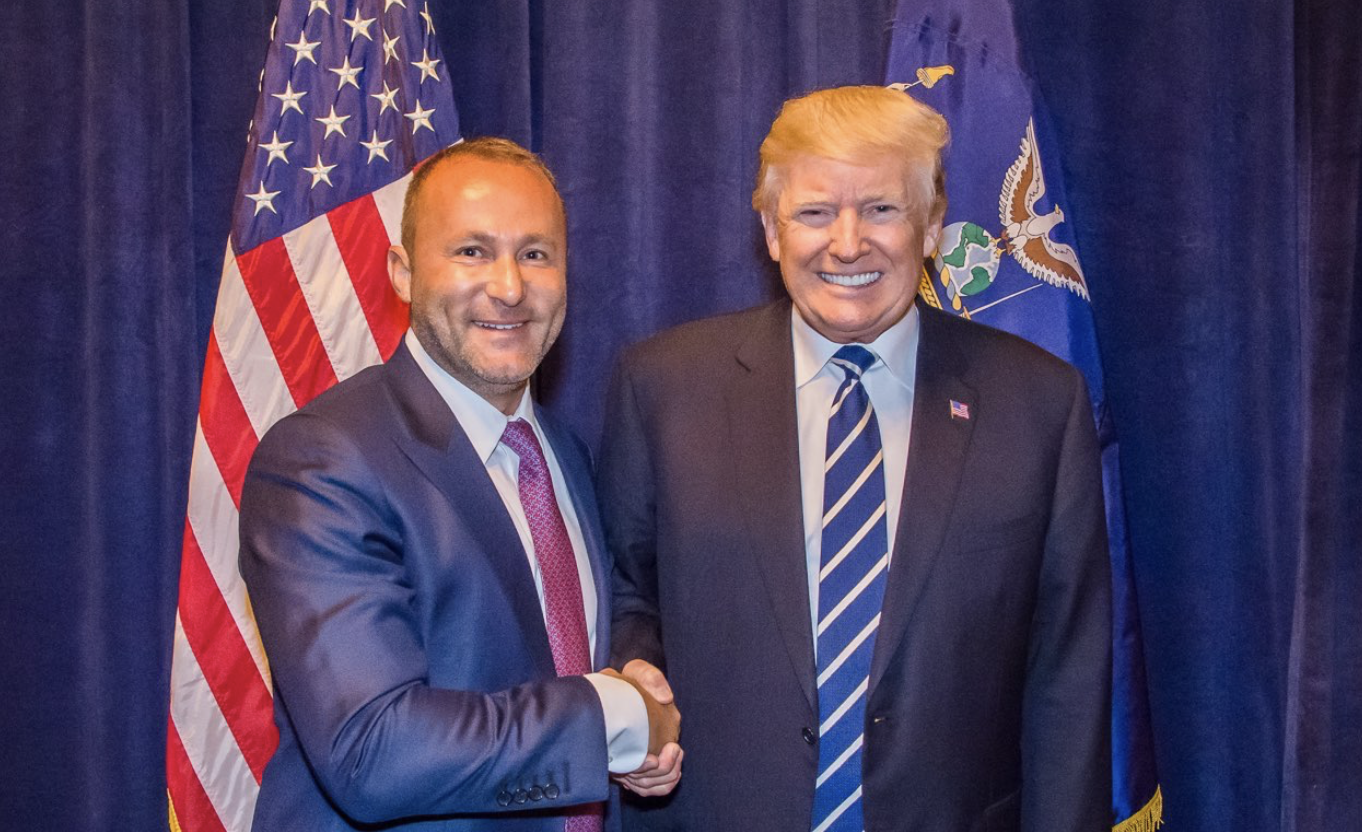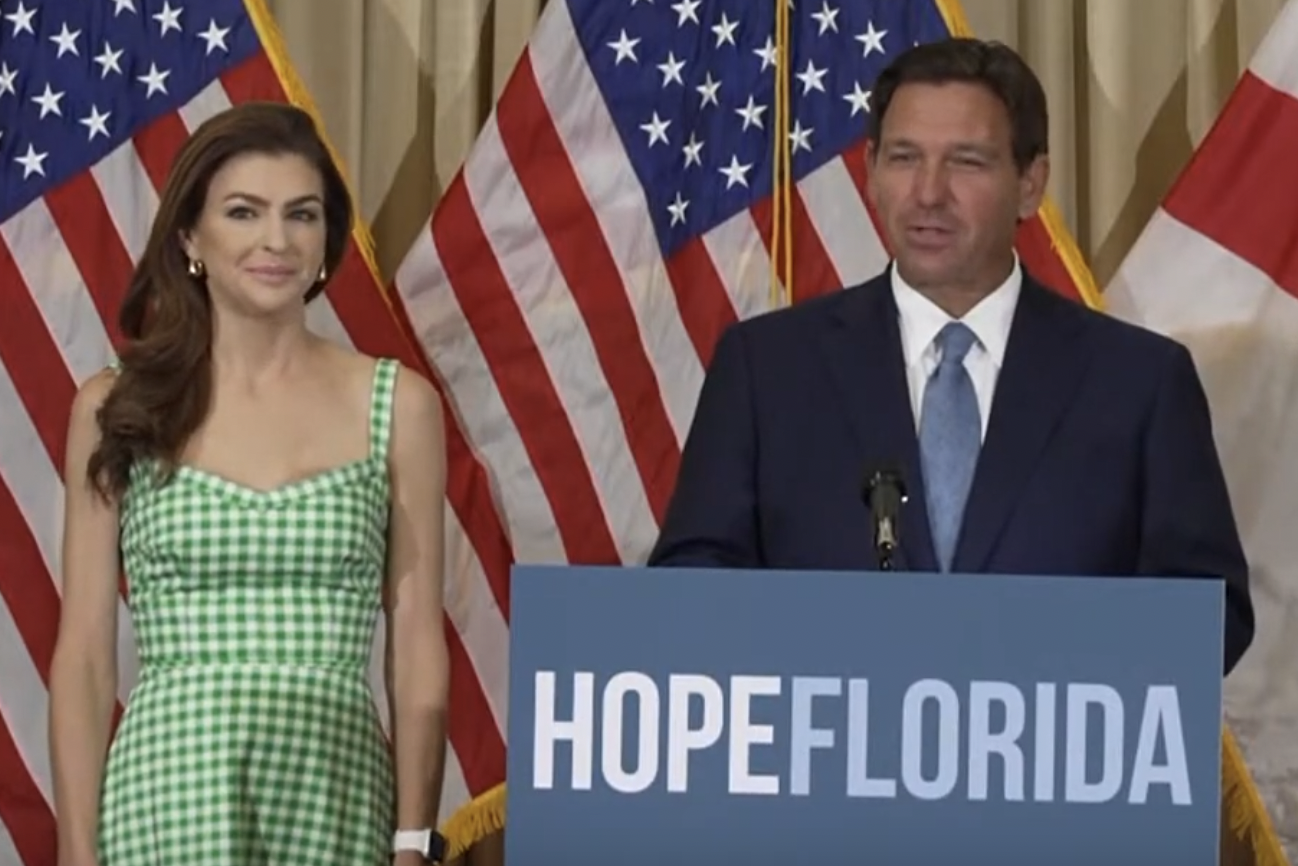This article was submitted by Richard Lawless
Starting in as early as 2008 the Security and Exchange Commission started to grow concerned about the continued issuance of Puerto Rico Municipal bonds. In 2010 Puerto Rico could no longer hide it problems and implemented an illegal and completely unsupportable accounting change. The bond issuers started to recognize accounts payable from other Puerto Rico Municipal Agencies that have not be collected in a decade. Bond buyers were led to believe these funds were available to pay back the new bonds.
The SEC took notice and the rank and file of the SEC started to write reports and suggest regulatory action. These “reports,” “emails,” and personal letters within the SEC grew to over 2.1 million pages of documents. They included bank subpoenas, extended, and detailed emails between the Treasury Department, the FBI, the DOJ, and the SEC. In other words, the SEC, the Treasury Department, the FBI, and the DOJ were keenly aware that the government of Puerto Rico was selling fraudulent bonds.
By 2014, Puerto Rico’s Municipal Agencies started to exhibit problems paying their bills on a timely basis. Wall Street Banks grew concerned about pending SEC actions and possible criminal investigations and reached out to Jack Lew, the Treasury Secretary and Senator Chuck Schumer. Jack Lew hailed from Citigroup, one of the largest sellers of these known fraudulent bonds. Senator Schumer owes his career to Wall Street by providing protection to the Banks in the 2007 Mortgage Bond Crisis where only one banker was charged with wrongdoing in a seven trillion-dollar criminal scheme. The Senator was also Bernie Madoff’s biggest protector until the DOJ froze his assets and Mr. Madoff could no longer pay the Senator for his protection. With no money to share with the powerful Senator, Mr. Madoff was indicted within weeks.
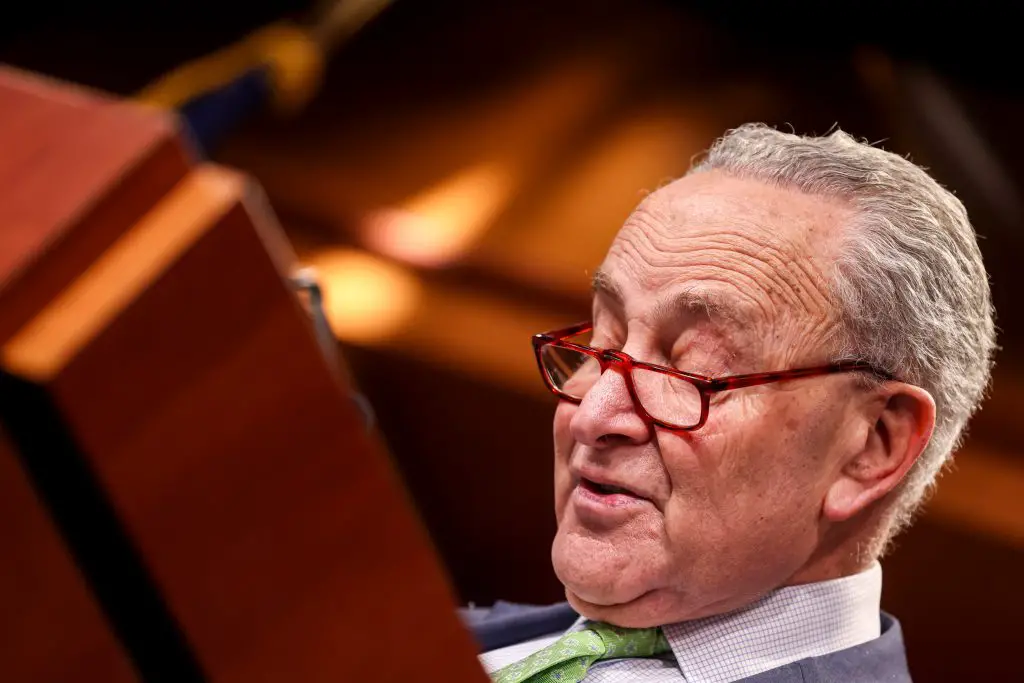
This Puerto Rico Bond Crisis presented additional opportunities for Senator Schumer to extort huge amounts of money from the Largest Wall Street Banks. Initially, the Treasury Secretary and Schumer pressured the SEC, Treasury, the FBI, and the DOJ to do nothing. But as the financial condition of the Puerto Rico government entities grew increasingly worse, both Jack Lew and Schumer had to pull out all stops to protect this criminal activity.
To perfect this government protection racket, the right people had to be in the right government positions. Schumer got his personal attorney put in charge of the DOJ’s Southern District in New York and cut a deal with Eric Holder to have all future criminal complaints about this fraud to the Southern District of New York. At the time several local DOJ offices already started reviewing these crimes and Holder had to strongarm those U.S. Attorneys passed those cases onto the Southern District of New York, where they were all promptly killed.
Jack Lew dispatched two of his henchmen from Lazard whose dubious Wall Street activities prevented them from getting confirmed and began to make presentations to congress for a Puerto Rico bailout and the dilution of all the victims’ legal rights preventing bondholders from seeking repayment in the courts. Inexplicably, Lew withheld a confession from the government of Puerto Rico that they were in fact running a Ponzi Scheme. Lew also withheld from Congress and the American people a written request from Puerto Rico to the FBI and SEC to please investigate and prosecute those responsible. But that is only a small part of what he withheld from Congress and the American people. There were emails between Lew’s staff assistant and senior SEC officials dating back to 2013 that clearly identify these bonds as fraudulent, yet the SEC and Lew allowed them to be issued. Not surprisingly the bond(s) defaulted 2 years later.
If Lew was not a crook and part of this criminal scheme, what would have been the likelihood of the Congress and the American people approving what ended up as a $130 billion-dollar bail-out? I hasten to guess, zero. Later in this report you will see lists of aid packages that had to be offered because of the Wall Street Banks criminal activity.

Things get worse, as if the crimes were not enough, so much money was being stolen from the bond proceeds that the Puerto Rico Electric Authority could not maintain their electric grid. According to a Harvard University study and a Washington University study, between 4,500 and 6,500 Puerto Ricans lost their lives because of the repeated long-term electric grid failures. This makes Lew, Schumer the SEC, the Treasury Department, and the DOJ accessories to these murders. These were intentional, government protected crimes with foreseeable outcomes.
As for Schumer, the banks needed a bailout approved by Congress and legislation (PROMESA) approved by Congress to protect the banks and formally revoke the legal rights of the victims. To do that Schumer took the stolen campaign contributions he was being flooded with to buy the votes. You can follow the money coming into Schumer from the Banks to his personal campaign and his PAC’s and you can follow the money going out to other politicians to buy those votes. In fact, one of the Schumer packs gave Senator Warren one million dollars of the stolen Wall Street money if she would propose legislation to freeze all the victim’s lawsuits.
Each Agency Chairman that complied with Lew would receive something? For example, Jay Caplan (SEC) when he left, he got a board seat at Apollo Group, another a $5 million dollar a year employment contract at a major law firm representing the banks. The list goes on and on.
One of the final obstacles standing in the way of Lew and Schumer was Paul Ryan who would not support the elimination of the bondholder’s legal rights. Lew met with Ryan privately, money flowed to Ryan and Ryan changed his mind and retired a short time after.
As for me, I became a SEC Whistleblower and I was threatened with prosecution and my personal google emails and internet activity was seized by the government.
There are currently three SEC Files that contain 2.1 million pages of evidence. I will be appearing in court on March 21, at 1 pm to share that evidence with the world. You can join me at the Ronald Reagan Federal District Court House in Orange County California.
Below is a list of all the money stolen from the American people because of this Lew, Shumer fraud.
Over the past decade (2015–2025), Puerto Rico has been allocated approximately $91.3 billion in federal recovery funding. As of the latest available data, $84.3 billion has been obligated (committed for specific purposes), and $38.7 billion has been disbursed (spent).
Breakdown of Allocated Funds:
- FEMA Funds: $54.7 billion
- Other Federal Agencies: $36.6 billion
Specific Allocations:
- Hurricane Maria (2017): Following the devastation of Hurricane Maria, significant funds were allocated for recovery:
- Public Assistance: $34.7 billion obligated for various projects, including:
- Debris Removal: $706.4 million
- Emergency Protective Measures: $4.7 billion
- Permanent Work and Management Costs: $29.3 billion
- Puerto Rico Electric Power Authority (PREPA): $9.4 billion
- Puerto Rico Aqueduct and Sewer Authority (PRASA): $3.6 billion
- Puerto Rico Department of Education (PRDE): $2 billion
- Puerto Rico Public Housing Administration (PRPHA): $554 million
- Hazard Mitigation Grant Program: $427 million obligated as of January 13, 2025
- HUD Community Development Block Grant Disaster Recovery Program: $20 billion awarded
- FEMA Individual Assistance: $1.5 billion approved
- Public Assistance: $34.7 billion obligated for various projects, including:
These funds have been directed toward various recovery and infrastructure projects to aid Puerto Rico’s rebuilding efforts.
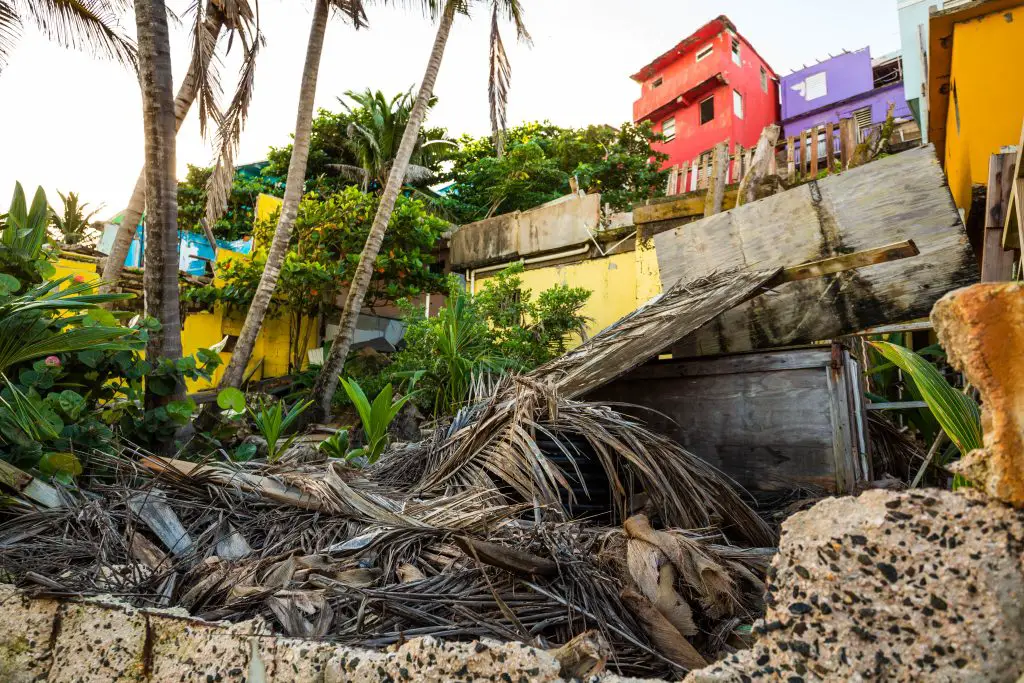
Puerto Rico’s bankruptcy, the largest municipal bankruptcy in U.S. history, resulted in significant losses for original bondholders. Before restructuring, Puerto Rico had approximately $74 billion in debt and $50 billion in unfunded pension liabilities. The 2017 bankruptcy filing under the Puerto Rico Oversight, Management, and Economic Stability Act (PROMESA) led to severe losses for investors.
Estimated Losses for Bondholders:
- General Obligation (GO) Bonds: Original bondholders saw losses of 20%–30%, with some receiving as little as 67 cents on the dollar in the final debt adjustment plan.
- Puerto Rico Sales Tax (COFINA) Bonds: Senior bondholders recovered about 93%, while junior bondholders took a much bigger hit, recovering around 56%.
- Puerto Rico Electric Power Authority (PREPA) Bonds: Initial bondholders faced losses exceeding 70%, with some settlements offering as little as 20–30 cents on the dollar.
- Pension Bonds and Other Debt: Some bondholders lost nearly 100%, especially those holding subordinate or unsecured debt.
The bankruptcy and restructuring, finalized in 2022, reduced Puerto Rico’s outstanding debt by about $33 billion, cutting its obligations nearly in half. However, many individual and institutional investors suffered significant losses, especially those who bought the bonds at par value before Puerto Rico’s financial crisis unfolded.
These are the possible criminal charges for the SEC personnel and Judges I have been dealing with;
Yes, a judge can be held criminally liable for violating a plaintiff’s whistleblower protections, but it depends on the circumstances and the laws in place. Generally, judges have judicial immunity, which protects them from civil liability for actions taken in their official capacity. However, this immunity does not extend to criminal conduct.
If a judge knowingly and willfully engages in criminal acts, such as retaliation, obstruction of justice, or conspiracy to violate whistleblower protections, they could face criminal charges. For example:
- Under 18 U.S.C. § 1513 (Retaliation Against a Witness, Victim, or Informant), it is a federal crime to retaliate against someone for providing information to law enforcement.
- If a judge conspires with others to violate a plaintiff’s whistleblower rights, they could face charges under 18 U.S.C. § 241 (Conspiracy Against Rights) or 18 U.S.C. § 242 (Deprivation of Rights Under Color of Law).
- If state whistleblower laws are involved, a judge may be subject to state-level criminal prosecution.
While rare, there have been cases where judges were criminally charged for misconduct, including corruption and obstruction of justice. If you suspect such a violation, you may want to report it to federal or state authorities, such as the Department of Justice (DOJ) or the Office of Special Counsel (OSC) for federal whistleblower cases.
The penalties for 18 U.S.C. § 241 (Conspiracy Against Rights) and 18 U.S.C. § 242 (Deprivation of Rights Under Color of Law) vary depending on the severity of the violation, including whether bodily injury or death occurs as a result.
18 U.S.C. § 241 – Conspiracy Against Rights
This statute makes it a federal crime for two or more people to conspire to injure, oppress, threaten, or intimidate any person in the U.S. in the free exercise of their constitutional or legal rights.
Penalties:
- Standard Violation: Up to 10 years in prison and/or fines.
- If bodily injury occurs, or if a dangerous weapon is used: Up to 20 years in prison.
- If the violation results in death or involves kidnapping, aggravated sexual abuse, or an attempt to kill: Life in prison or the death penalty.
18 U.S.C. § 242 – Deprivation of Rights Under Color of Law
This law makes it a crime for any person acting under government authority (including judges, police officers, or other officials) to willfully deprive someone of their rights, privileges, or immunities protected by the U.S. Constitution or federal law.
Penalties:
- Standard Violation: Up to 1 year in prison and/or fines.
- If bodily injury occurs, involves the use of a dangerous weapon, or results in attempted kidnapping or aggravated sexual abuse: Up to 10 years in prison.
- If the violation results in death or includes kidnapping, aggravated sexual abuse, or an attempt to kill: Life in prison or the death penalty.
These are serious federal offenses, and if a judge were found guilty under these statutes, they could face severe penalties, including long prison sentences.
Uncovering or disclosing the identity of a U.S. intelligence official—particularly someone operating covertly—can be a serious federal crime under the Intelligence Identities Protection Act (IIPA) of 1982 (50 U.S.C. §§ 3121-3126).
Intelligence Identities Protection Act (IIPA) – 50 U.S.C. § 3121
This law criminalizes the unauthorized disclosure of the identities of covert intelligence officers, agents, or informants of the U.S. government.
Penalties for Violating IIPA:
- If committed by someone with authorized access to classified information (e.g., government officials, contractors):
- Up to 10 years in prison and/or fines.
- If committed by someone with unauthorized access (such as a journalist or private citizen) who knowingly discloses the identity:
- Up to 5 years in prison and/or fines.
Other Potential Charges
Depending on how the identity was uncovered and disclosed, additional charges could apply, such as:
- 18 U.S.C. § 793 (Espionage Act) – If classified information was obtained or shared, penalties could range from 10 years to life in prison, depending on the circumstances.
- 18 U.S.C. § 798 (Disclosure of Classified Information) – If the disclosure involved communications intelligence or cryptographic information, penalties could include up to 10 years in prison per offense.
- 18 U.S.C. § 641 (Theft of Government Property) – If the information is considered government property, this could result in up to 10 years in prison.
These laws are strictly enforced, and past cases—such as the Valerie Plame leak case—demonstrate that individuals who unlawfully expose intelligence officials can face serious legal consequences.

